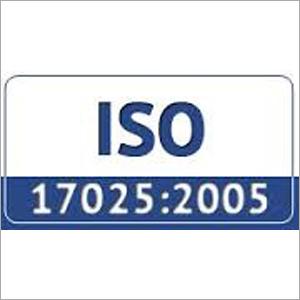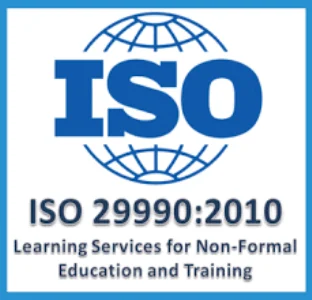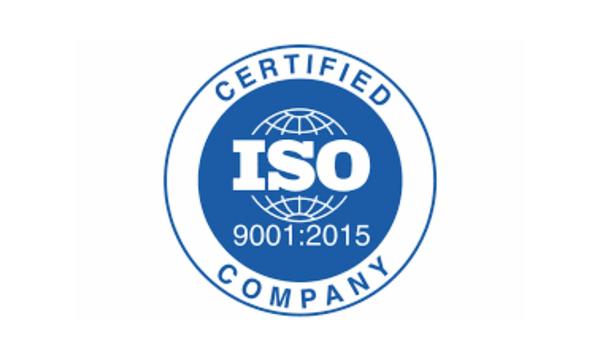QMS & EHS Standards
Learning services for non-formal education and training – Basic requirements for service providers
The objective of this International Standard is to provide a generic model for quality professional practice and performance, and a common reference for learning service providers (LSPs) and their clients in the design, development and delivery of non-formal education, training and development. This International Standard uses the term “learning services” rather than “training” in order to encourage a focus on the learner and the results of the process, and to emphasize the full range of options available for delivering learning services.
This International Standard focuses on the competency of LSPs. It is intended to assist organizations and individuals to select an LSP who will meet the organization’s needs and expectations for competency and capability development and can be used to certify LSPs.
ISO 29990:2010 is an International Standard for providers of training and further training. It offers a certifiable and state of the art Standard according to ISO requirements for Management Systems. The Standard addresses – for the first time with international validity – all types of educational institutions.
This includes single trainers, private seminar providers, organizations providing further training with courses, curricula and internal training as well as further training up to higher educational institutions and universities. The Standard has some congruent features with other management systems, above all with ISO 9001
.ISO 29990 is basically subdivided into two areas: learning services (for example, these services include designing, providing and monitoring of learning services) and management at the learning service provider for example business planning, financial management, risk management as well as human resources management. This Standard is the first Standard for learning providers that is valid and applied on an international scale. The advantages for learning providers are transparency of their own services, international comparability and defined processes for quality assurance.
BENEFITS of ISO 29990:2010
Advantages for Learning Service Providers:-
Outstanding performance during tendering work from official bodies.
Globally marketability.
Enhancement in internal quality potential.
Transparently defined & documented processes.
Enthusiastic and active trained experts participation in the development.
Work on (PDCA) Cycle.
Advantages for Learner:-
Adequate resources, including trainers with suitable competence, infrastructure and learning environment.
Evaluating criteria for Education.
Advanced & Authentic processes.
Transparency/comparability of services.
Assuring quality, transparency and comparability in educational institutions.
Benefits for Global Cooperation
Base of development for international cooperation in the area of education and training
Globally comparable benchmarks for existence of quality.
No deformation of the globally competitive market.
Common unified standards/common understanding of quality
Price: 0 |
Payment Type: |
Available: False |
COD Available: False |
KYC Status: FAILED
Send Message



